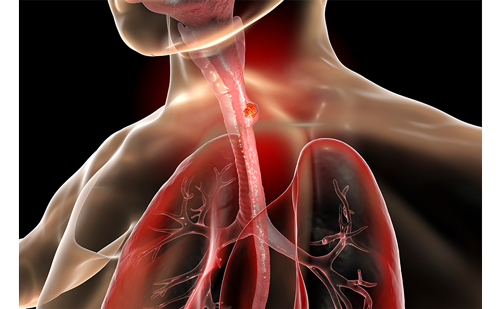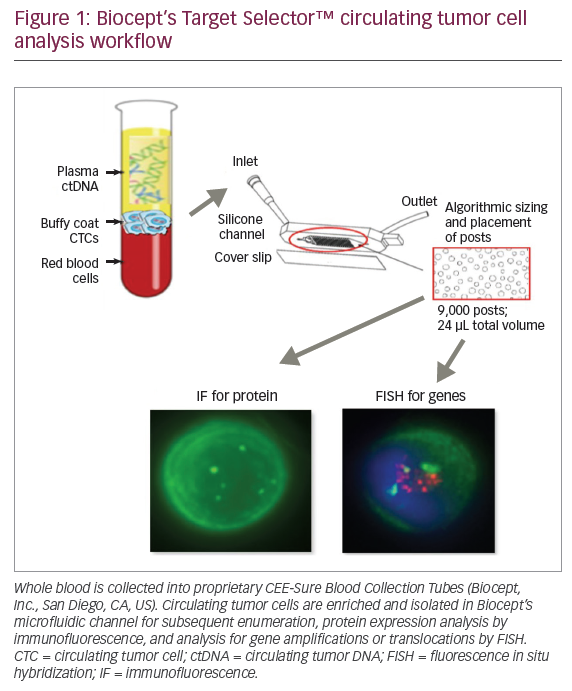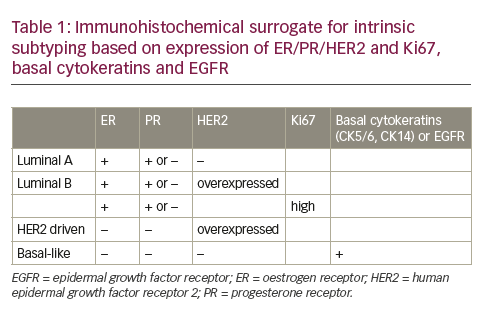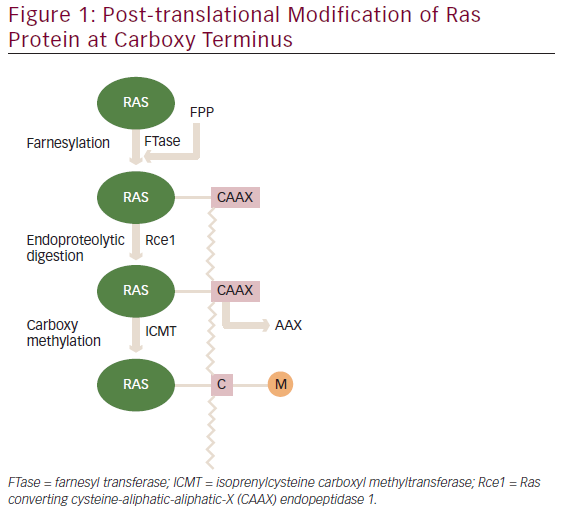Breast cancer remains one of the largest contributors to cancer mortality in women in developed countries.1,2 As populations of developed countries are aging, the number of older women who have breast cancer will markedly increase in the upcoming decades. It has been shown that breast cancer prognosis deteriorates with age, even though mortality for other causes also increases with age.3 Beyond differences in treatment strategies, this may be explained by older women generally presenting at a much more advanced stage than their younger counterparts do.4
It has been assumed that earlier diagnosis of breast cancer through breast cancer screening (BCS) can improve prognosis, but population-based BCS has been heavily debated in the past decades.5–7 Large BCS trials on which current screening guidelines are based were generally performed in the 1980s and 1990s, and documented reductions in disease-specific mortality in randomized trials of screening are uncommon.8 Reductions in mortality for all causes are even more uncommon in single trials and have not been shown in the latest available meta-analysis of multiple trials.8 Of note, randomized controlled trials in BCS rarely included patients older than 68 years of age.9 Consequently, there is no solid evidence for beneficial effects of BCS in older women.
ome observational studies of BCS in older women have been published. Several have suggested that breast cancer survival is improved in patients who have screen-detected breast cancer, including older patients.10–13However, it is highly unlikely that this survival benefit can be explained by the actual screening, there being several forms of bias present in these type of studies, including lead-time bias, length-time bias, and selection bias.14
Alternatively, it is possible to assess the effects of BCS in observational studies without inducing these types of bias, by studying the incidence rates of early- and advanced-stage breast cancer.15 In a successful screening program, the incidence of early-stage breast cancer increases, whereas the incidence of advanced stage breast cancer decreases as a consequence of early detection.15 This method has been used several times in previous literature.15–17 In the Netherlands, the upper age limit of the mass BCS program was extended from 70 to 75 in 1998, enabling the use of this method to study the effects of screening in the Netherlands. It was shown that the incidence of early-stage breast cancer strongly increased, whereas the incidence of advanced stage breast cancer barely decreased.18 For every advanced-stage breast cancer prevented through screening, about 17 patients were overdiagnosed. Although long-term effects of toxicity and postoperative complications have not been studied in the older population, it is likely that this may result in significant loss of quality of life and physical functioning. These data thus do not support BCS on a population-based level.18
In past decades, the beneficial effect of screening has been communicated persistently to the public. But, however appealing, the adage “early diagnosis saves lives” may simply not be true, especially in older women. Accordingly, it will take a substantial effort to educate older women, as well as health professionals and policymakers, that age extension of mass screening programs may cause harm and is likely to be cost-ineffective. In the light of another adage—primum non nocere—it is an obligation we should not turn away from.











